After teaching nine years at Tewksbury High School, Bethany Beauchesne decided to switch up the scenery and continue her teaching journey at WA. With a passion for education, she is looking forward to her full time position of teaching Spanish II and more.
Q: What brought you to WA in the first place?
A: I was looking for a different environment and I was looking to learn something different. I’ve been teaching at the same spot for nine years and I wanted to kind of switch it up and come to experience something new.
Q: Was Spanish a language that you were born with or admired when you were young?
A: Not at all. I started learning Spanish in eighth grade. And it’s because everybody did, […] that’s what my friends did. And I had a crazy Spanish one teacher, I didn’t remember much when I got to Spanish two in high school. And it was so hard, I remember staying after school specifically to work on reflexive verbs for forever, I just didn’t get it. And then I had a teacher in Spanish three that pushed me and made it fun. And he was like you could probably do honors if you wanted to next year. I was like, okay, and it made all the difference. And from there I was hooked and [my] Honors four teacher [was] like, why don’t you do AP? I’m not an AP student. I only did Spanish three because my sister is a grade ahead of me and my cousin was a grade ahead of me. And we’re very competitive. […] I think just that one teacher made all the difference.
Q: Also, what inspired you to teach Spanish?
A: I always wanted to be a professor and I was working in Business Technology Research. Completely related to Spanish, right? I left that job because that’s not who I am, but I couldn’t figure out what I wanted to do next. I just knew that someday I wanted to be a professor. My husband was like, ‘Well, why are you not teaching now?’ So when I shadowed somebody at a high school [I thought], I can do this. It was a lot harder than I thought it was. He’s a college professor [and an] inspiration I pulled from a lot because they made such a big difference for me, and I want to be that person for my students.
Q: From an outsider’s perspective, what do you think students here who are learning other languages like French, Mandarin, German, or Latin should pick Spanish over any of the other languages?
A: I think students should learn a language. I think learning a language opens your worldview. And, specifically the way that we teach it at WA, we’re focusing on not just teaching new verbs in grammar, but other cultures, how other people view things, and what are these perspectives that other people have around the world. I think knowing another language also opens the possibility […] to travel. Not that you can’t tell if you don’t know the language but it makes you braver to know that you know the language which opens your worldview massively. Spanish is my passion. Whether it’s French, German, Latin, Spanish, Mandarin, any language is massive to have in your back pocket.
Q: Is there any Spanish media that you think students should know or talk about?
A: TV actually helps in learning a language. I don’t tend to watch TV like Univision or something like that, but [sometimes I] watch TV shows in Spanish on Netflix. I always say I watch it with my eyes crooked, because I have one eye on the English subtitles and the other is watching the show. I watch the subtitles in English because I’m hearing the Spanish and I’m looking at the word they used, and you’re learning new words that way.
Q: Do you think that watching Spanish television will help the students learn Spanish better?
A: Sure, yes. I mean, I think sometimes people think I’m just going to pick up a kids book. Kids books have [complicated Spanish] grammar in it [even if they are] Dr. Seuss. But TV is just super accessible. And you can get a lot of the culture of places just by watching their TV shows.
Q: Is there any Spanish country or region in Latin America and Spain that you’re interested in or that students should be interested in?
A: I love to travel. It is a huge passion of mine. It’s not something I can do often anymore. But I’ve been to Spain, Colombia, Puerto Rico, and Costa Rica. I’m planning on hopefully maybe going to Mexico next February. […] I think you should travel, if you can. I think it’s massively worthwhile. And I learned so much from every country that I go to. I love bringing those experiences back and telling stories. When I was in Colombia, they were super polite, like ridiculously polite. Places that I would go that are on my bucket list are Mexico, Peru, Ecuador, and Chile. But you know, I’m going to go to a ton of countries.
Q: Do each of those countries have their own type of Spanish? Or is it all the same?
A: There’s a baseline, but it’s like a dialect, the difference between Spanish in Colombia and Spanish in Ecuador is like the difference between English in Massachusetts and English in the South. There’s different accents, there’s different slang, there’s different words that they use, and it can get confusing. For example, when I was in Colombia, we were in a taxi trying to go somewhere, and the taxi driver kept asking me if I wanted to cancel and I was like, ‘No, we’re not there yet. Can you take me to the place I am going.’ But,“cancelar”, meaning to cancel, is the word that they use for pay. And in my mind I was thinking, can you say ‘pagar’ and he just wanted me to pay ahead of time so that he didn’t have to stop and wait for me to pay. There are some dialects that are very different. But I think they all have this baseline that’s understandable.
Q: If you could work in another line or study any line of work anywhere, what would it be?
A: This is my third career. I worked in nonprofits, I worked in business, and I’ve been here in the teaching industry for 12 years and it makes me happy to be with students every day. I was very sad to leave some of my students. So I think even if I’m not forever a classroom teacher, I will forever be in education.

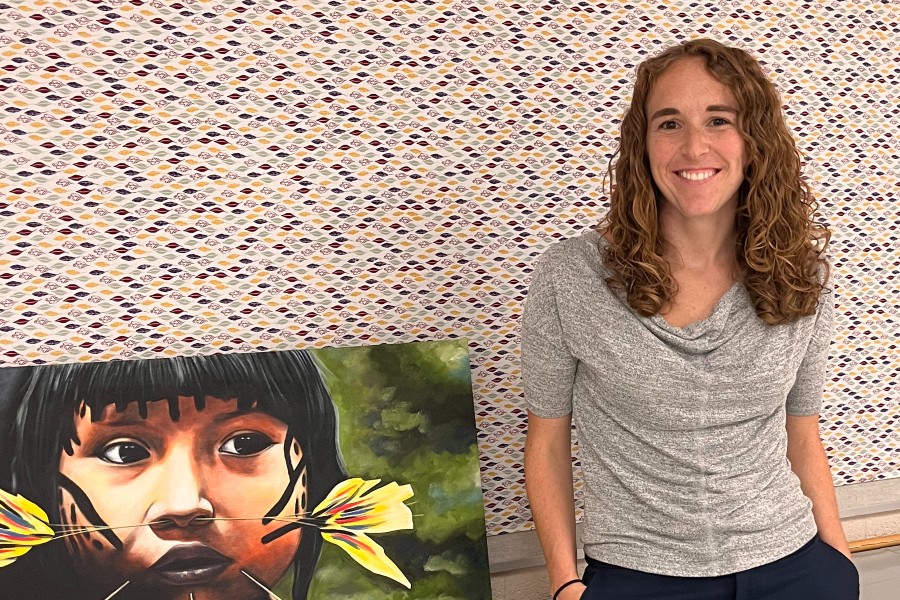
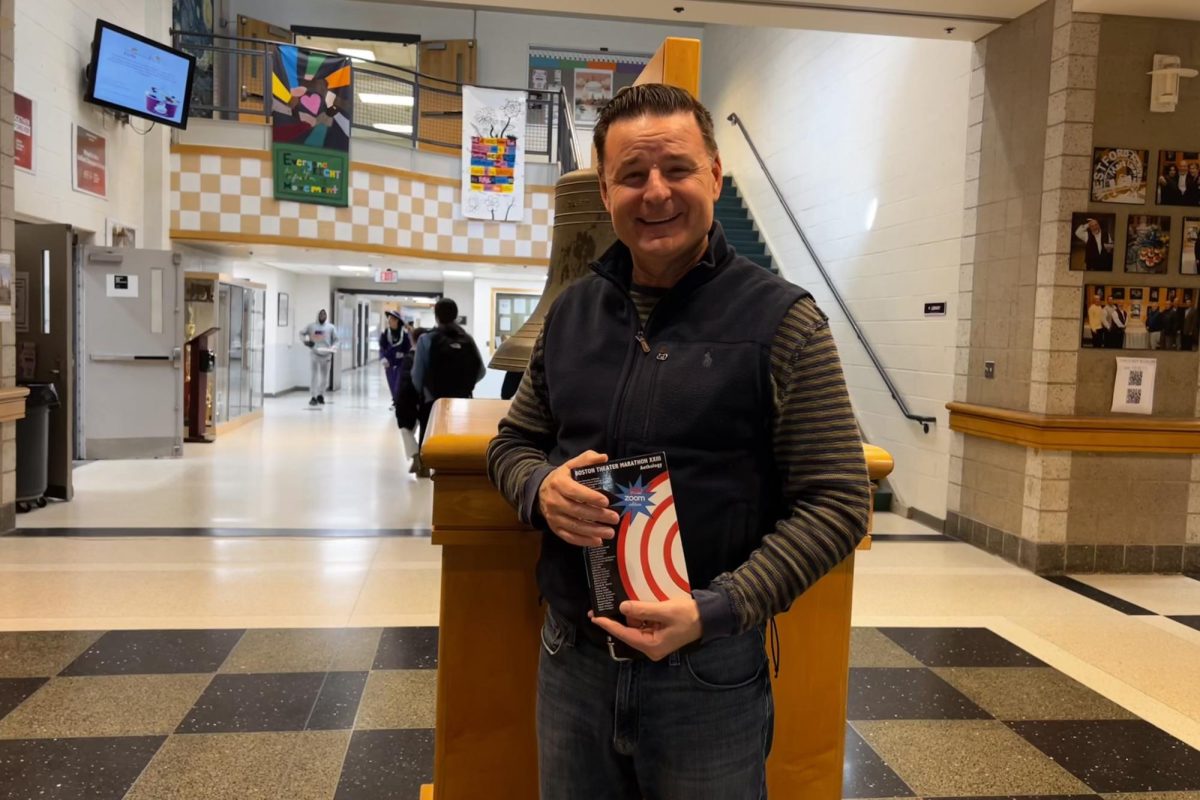
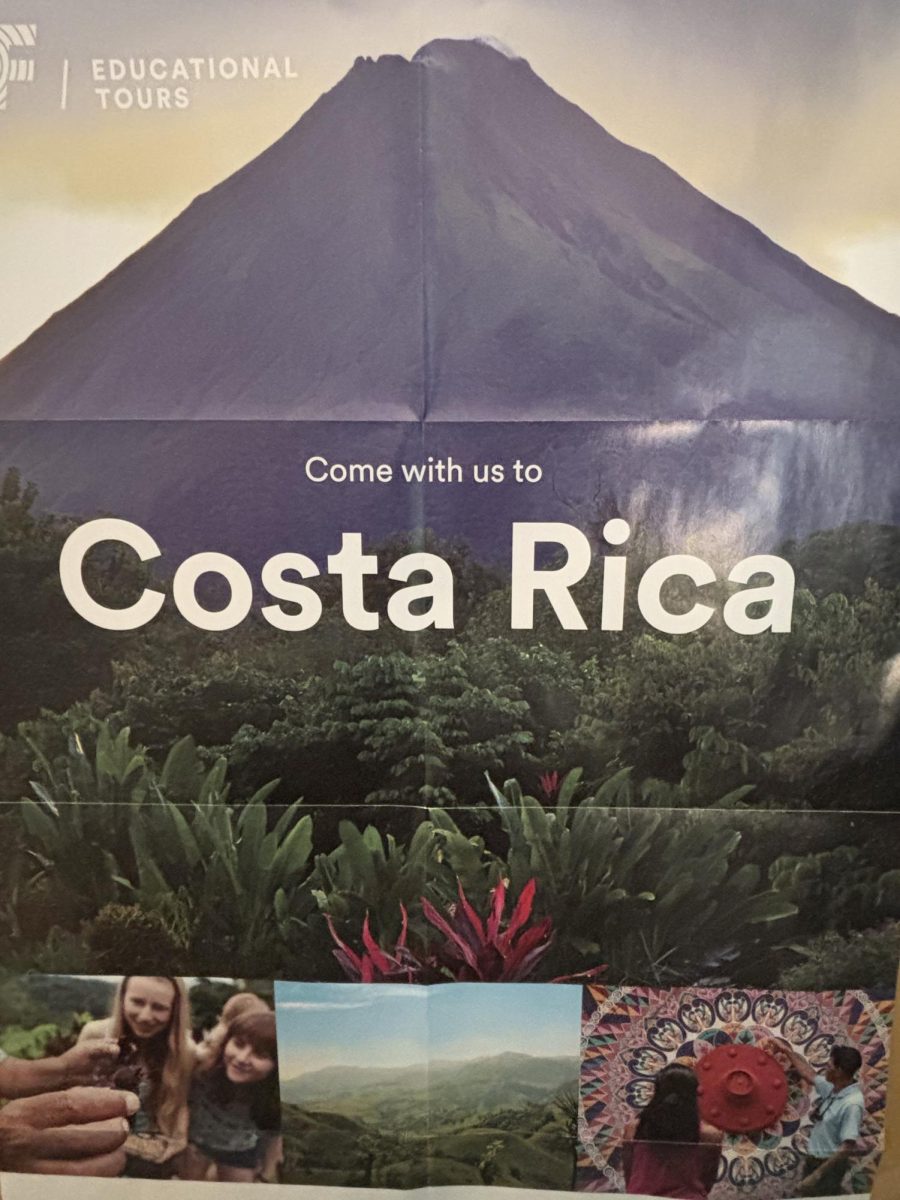

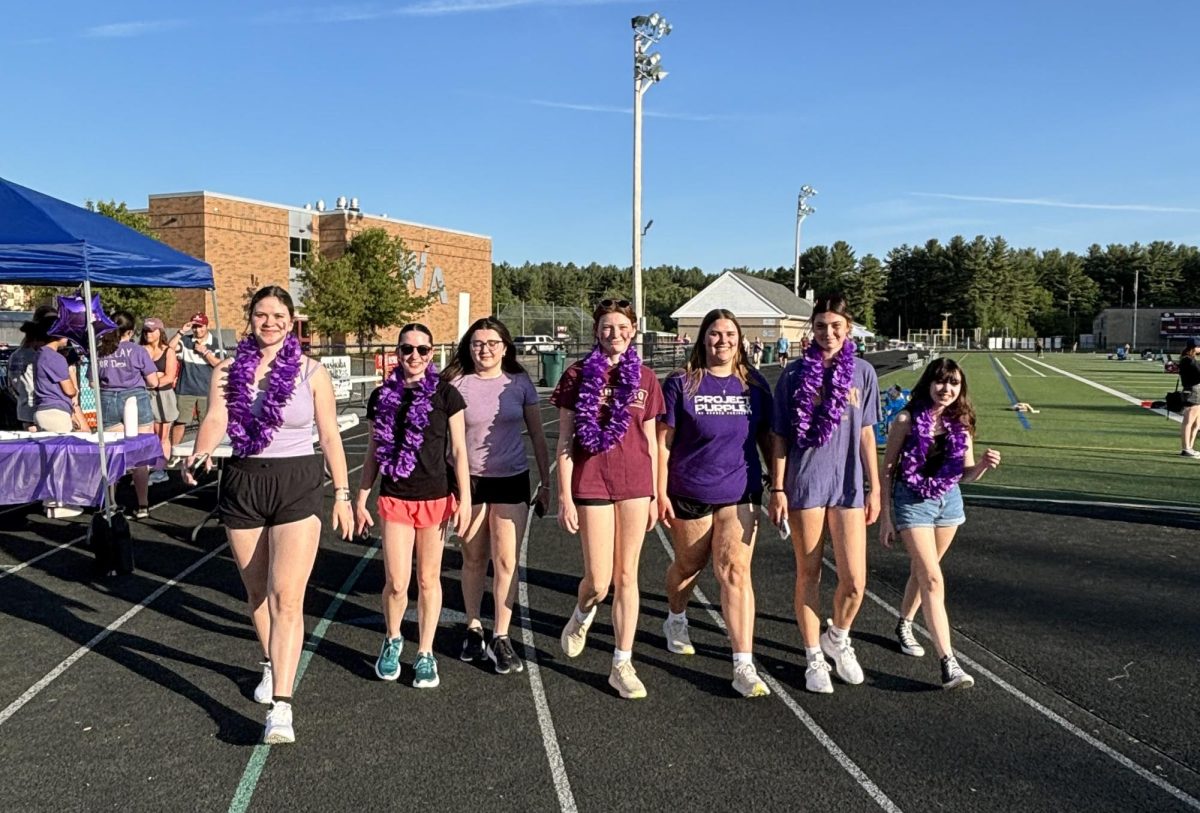

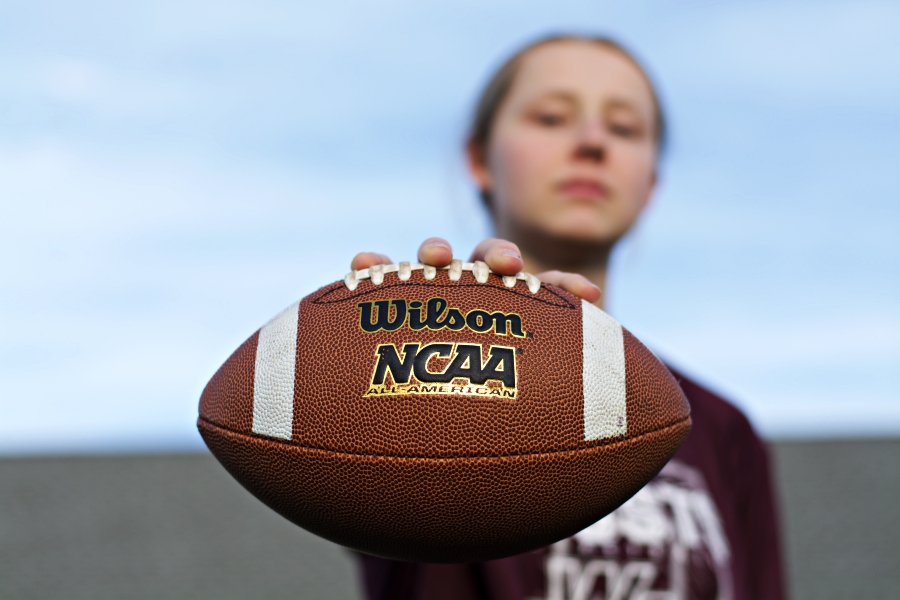
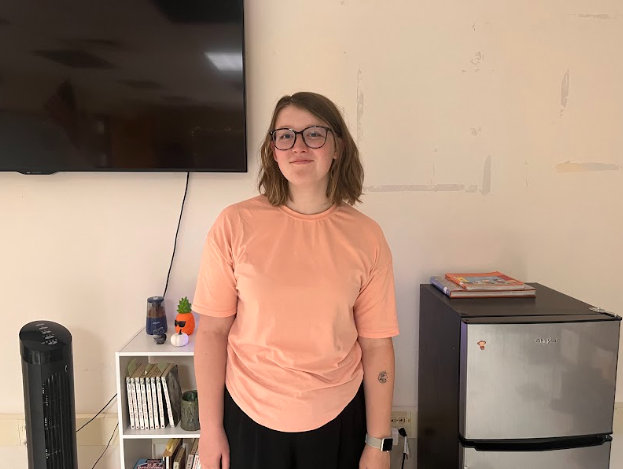
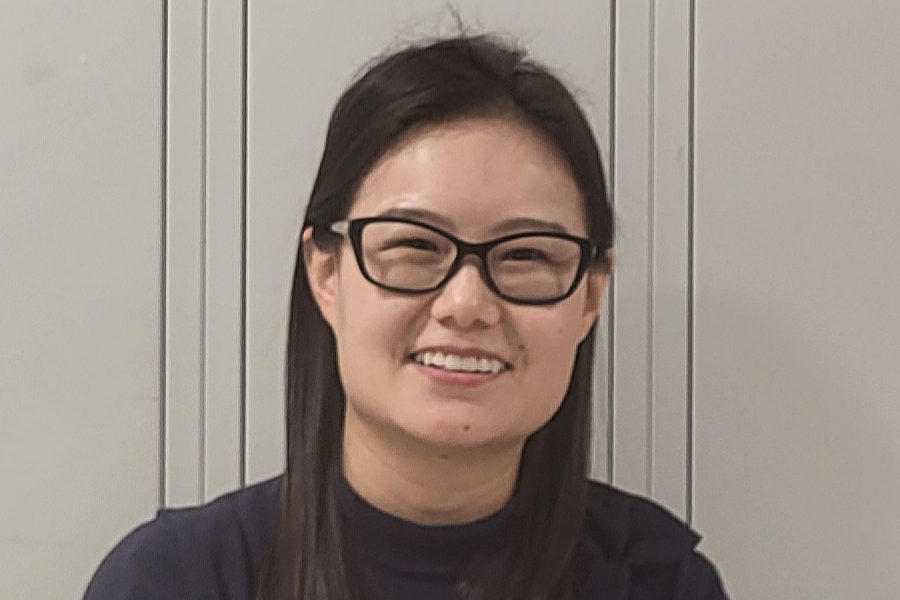
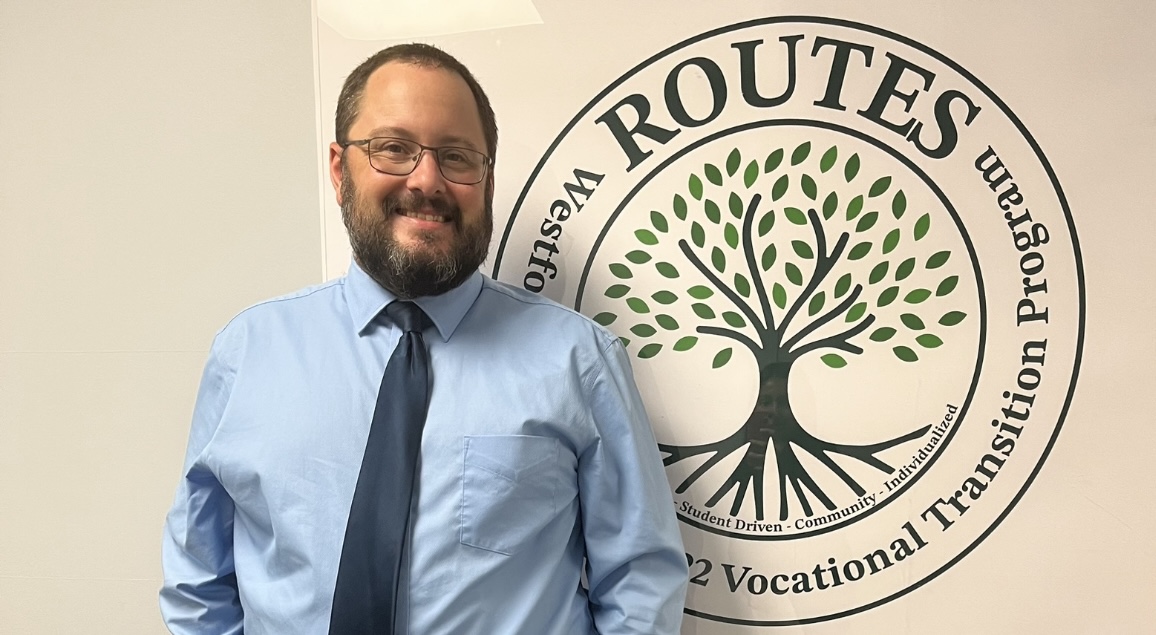
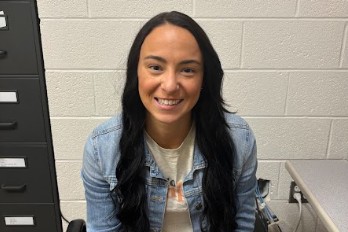
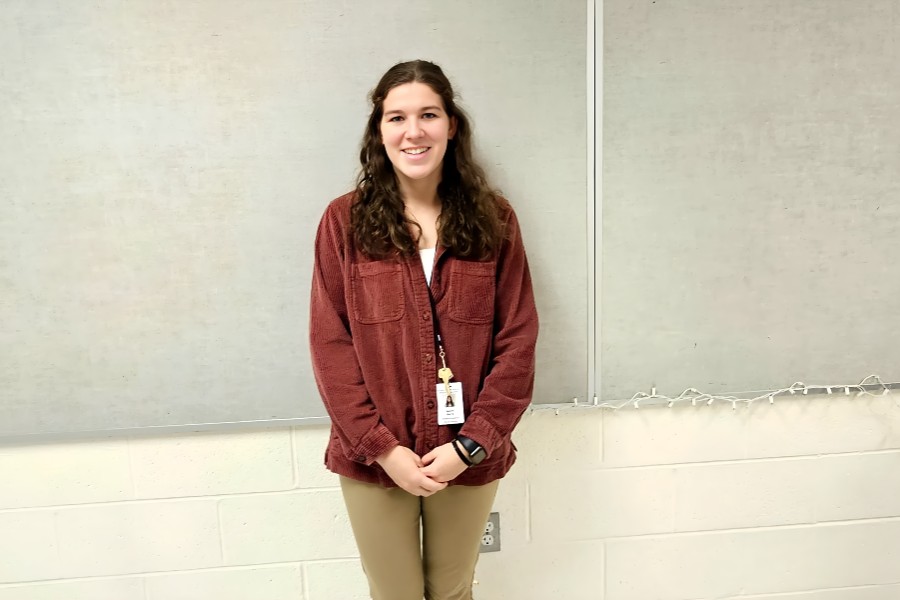
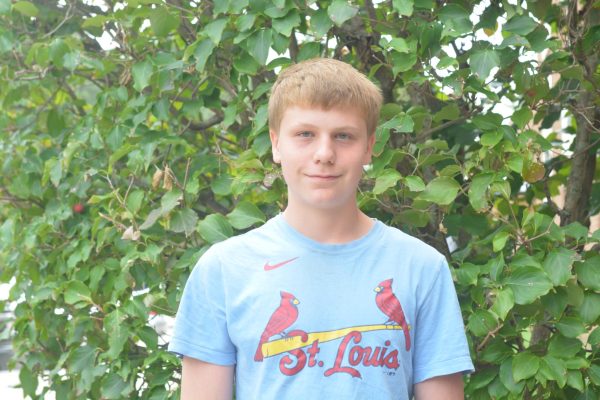
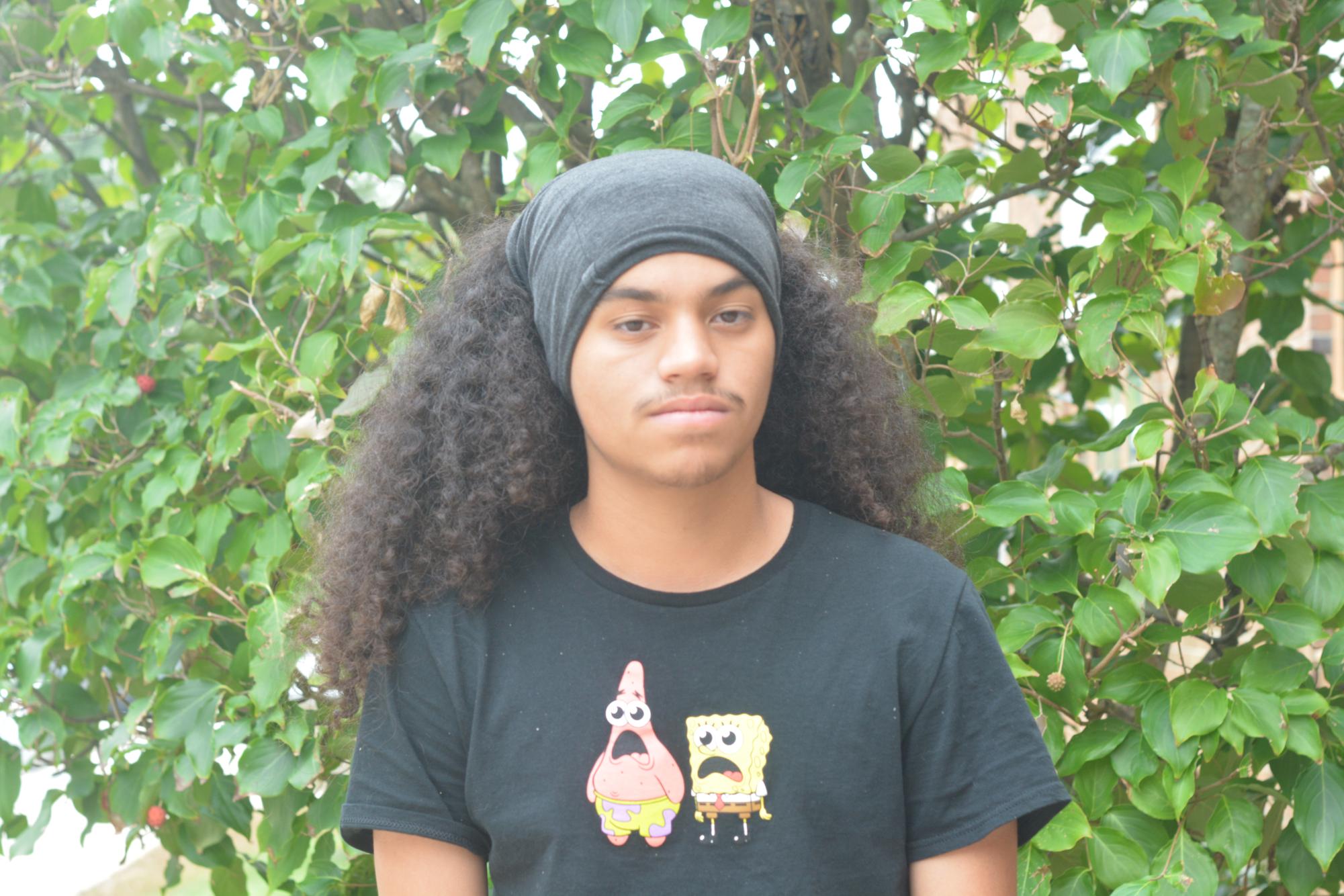
Barbara Onasch • Oct 20, 2023 at 10:30 am
Nice interview, Chase. I thought you asked very good questions to draw out her story about getting started in her profession. I’m excited to know this side of you….as an investigative reporter who can draw out the special qualities of a person and relate them to everyday activities.